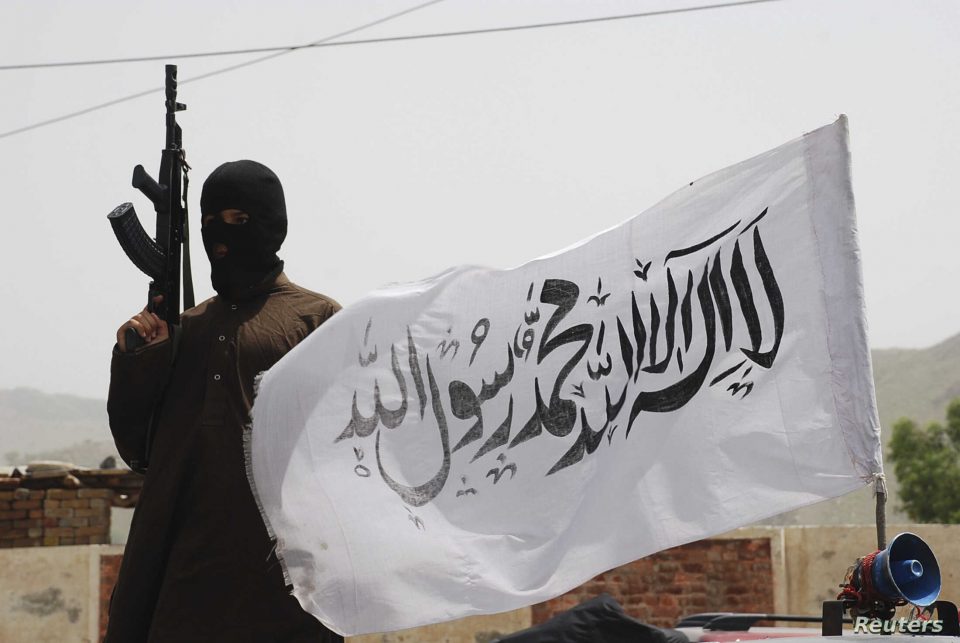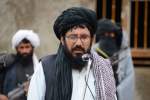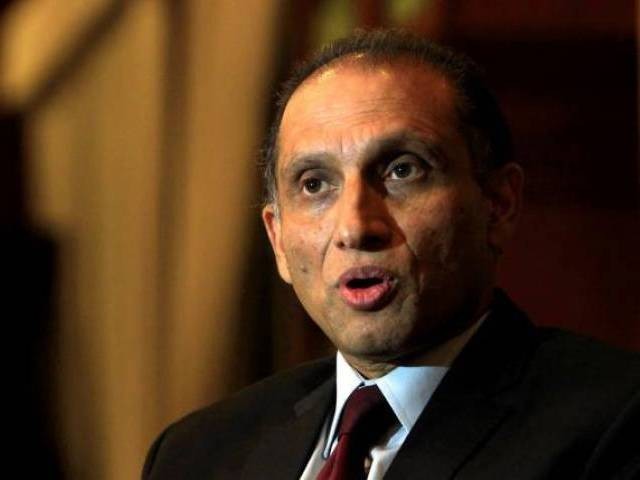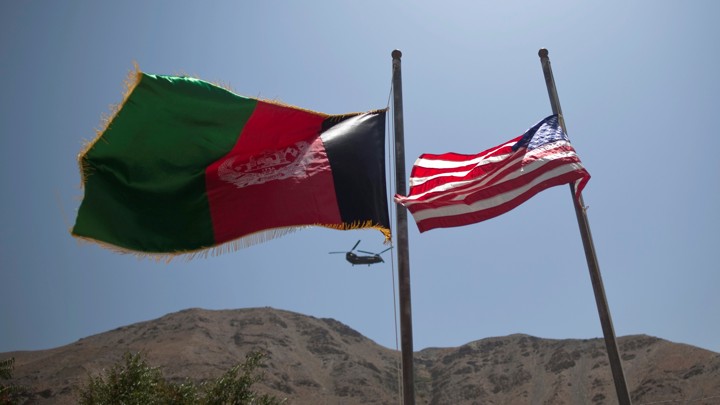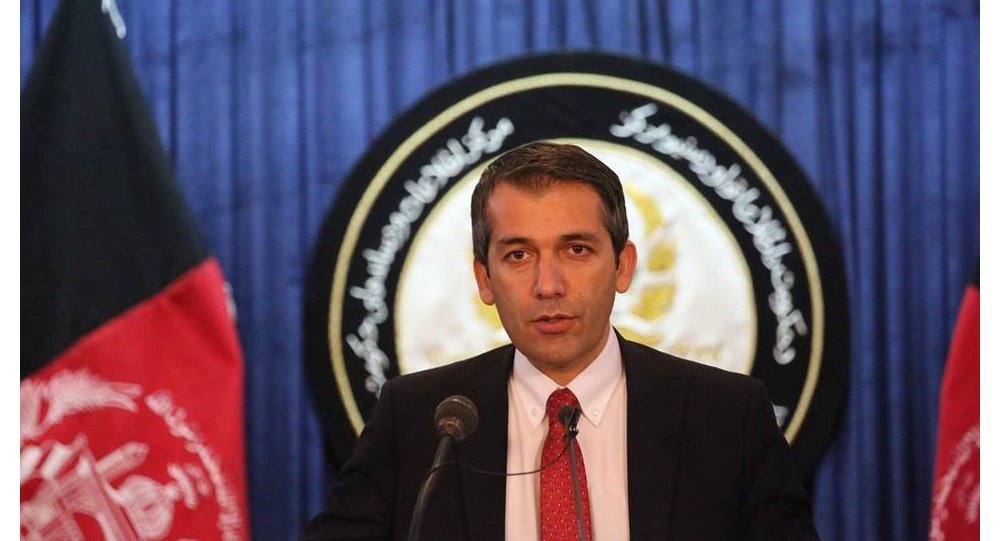Sirajuddin Haqqani, who is on the FBI’s Most Wanted List, wrote a piece titled “What We, the Taliban, Want.”
Publish dateSaturday 22 February 2020 - 17:29
Story Code : 204053
The New York Times is under fire for allowing a senior Taliban leader, Sirajuddin Haqqani, to write an unchallenged opinion piece that was published Thursday.
The title of the 1,000-word essay, which mused about peace negotiations with the U.S., was straightforward: “What We, the Taliban, Want.”
The Times identified Haqqani as the deputy leader of the Taliban. The FBI describes him as someone believed to be a terrorist who planned attacks against the U.S. in Afghanistan and is wanted for questioning about an attack on a hotel in Kabul in 2008, which left an American and five others dead.
The FBI has labelled Haqqani a global terrorist and is offering up to $5 million for any information that leads to his arrest.
“We did not choose our war with the foreign coalition led by the United States. We were forced to defend ourselves,” Haqqani wrote. ”The withdrawal of foreign forces has been our first and foremost demand.”
Many people, including a senior Times staffer and the Afghan presidential palace, were shocked by the op-ed and criticized the paper for giving the accused terrorist a platform.
In the op-ed, Haqqani said the group would soon be signing a peace deal with the U.S., though he noted that the Taliban was “very far from fully trusting” the U.S.
U.S. representatives are currently negotiating with the Taliban in Qatar; the agreement would be over a reduction in violence for seven days and could possibly lead to the U.S. withdrawing troops from Afghanistan, Reuters reported.
“My fellow Afghans will soon celebrate this historic agreement,” Haqqani wrote. “Once it is entirely fulfilled, Afghans will see the departure of all foreign troops.”
A spokesperson for the Afghan presidential palace described the Times’ decision to publish Haqqani’s piece as “sad.”
“It is sad that the [Times] has given their platform to an individual who is on a designated terrorist list. He and his network are behind ruthless attacks against Afghans and foreigners,” the spokesman, Sediq Sediqqi, told Reuters.
A senior correspondent for The New York Times, Mujib Mashal, also challenged Haqqani’s op-ed, saying that the Taliban leader is not known for wanting peace, and is responsible for acts of war and many deaths. The piece “omits the most fundamental fact,” Mashal tweeted. “That Siraj is no Taliban peace-maker as he paints himself that he’s behind some of most ruthless attacks of this war with many civilian lives lost.”
Meanwhile a number of Afghans took into social media criticizing the US paper for publishing the piece from the dangerous terrorist group that believed to be behind the most deadly incidents in Afghanistan.
The title of the 1,000-word essay, which mused about peace negotiations with the U.S., was straightforward: “What We, the Taliban, Want.”
The Times identified Haqqani as the deputy leader of the Taliban. The FBI describes him as someone believed to be a terrorist who planned attacks against the U.S. in Afghanistan and is wanted for questioning about an attack on a hotel in Kabul in 2008, which left an American and five others dead.
The FBI has labelled Haqqani a global terrorist and is offering up to $5 million for any information that leads to his arrest.
“We did not choose our war with the foreign coalition led by the United States. We were forced to defend ourselves,” Haqqani wrote. ”The withdrawal of foreign forces has been our first and foremost demand.”
Many people, including a senior Times staffer and the Afghan presidential palace, were shocked by the op-ed and criticized the paper for giving the accused terrorist a platform.
In the op-ed, Haqqani said the group would soon be signing a peace deal with the U.S., though he noted that the Taliban was “very far from fully trusting” the U.S.
U.S. representatives are currently negotiating with the Taliban in Qatar; the agreement would be over a reduction in violence for seven days and could possibly lead to the U.S. withdrawing troops from Afghanistan, Reuters reported.
“My fellow Afghans will soon celebrate this historic agreement,” Haqqani wrote. “Once it is entirely fulfilled, Afghans will see the departure of all foreign troops.”
A spokesperson for the Afghan presidential palace described the Times’ decision to publish Haqqani’s piece as “sad.”
“It is sad that the [Times] has given their platform to an individual who is on a designated terrorist list. He and his network are behind ruthless attacks against Afghans and foreigners,” the spokesman, Sediq Sediqqi, told Reuters.
A senior correspondent for The New York Times, Mujib Mashal, also challenged Haqqani’s op-ed, saying that the Taliban leader is not known for wanting peace, and is responsible for acts of war and many deaths. The piece “omits the most fundamental fact,” Mashal tweeted. “That Siraj is no Taliban peace-maker as he paints himself that he’s behind some of most ruthless attacks of this war with many civilian lives lost.”
Meanwhile a number of Afghans took into social media criticizing the US paper for publishing the piece from the dangerous terrorist group that believed to be behind the most deadly incidents in Afghanistan.
avapress.net/vdcdko0xsyt0zz6.em2y.html
Tags
Top hits
